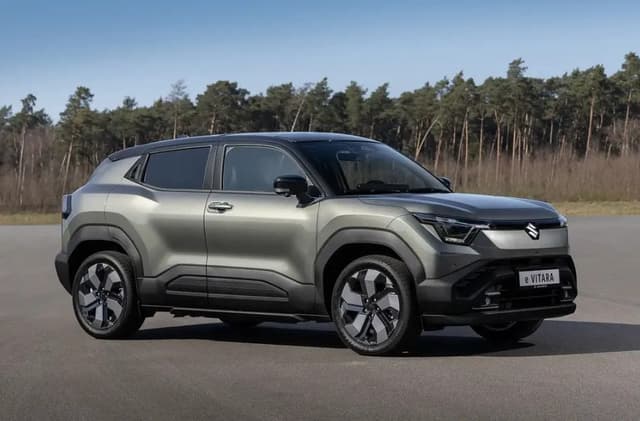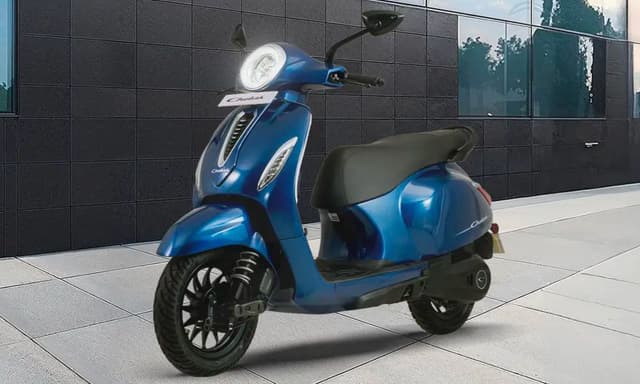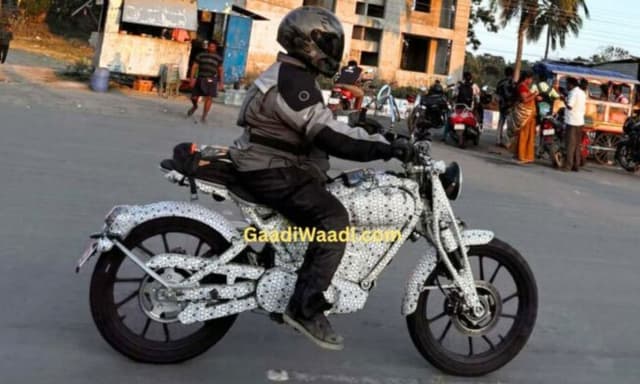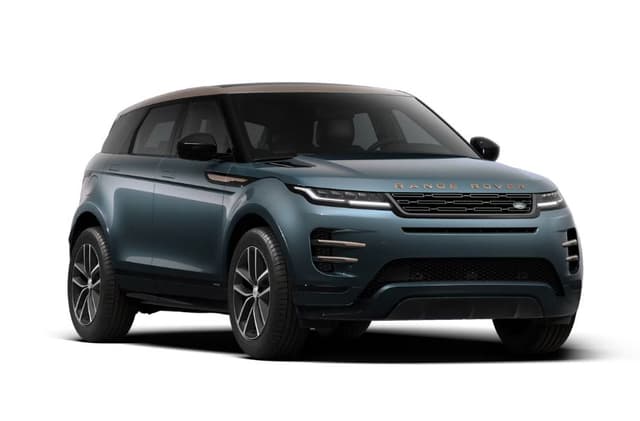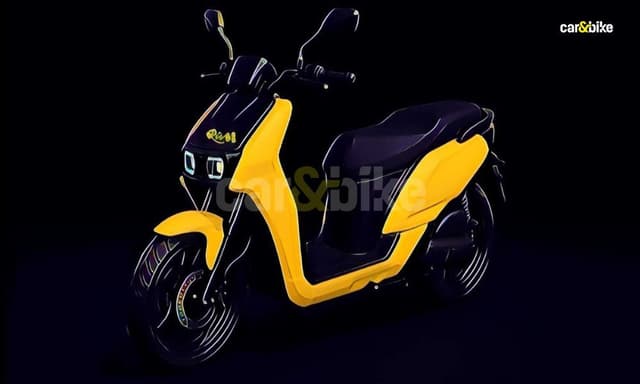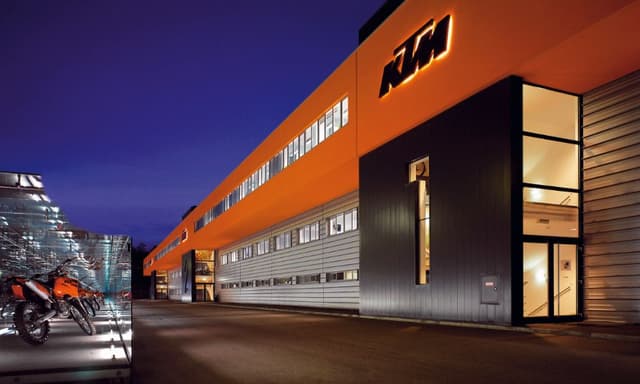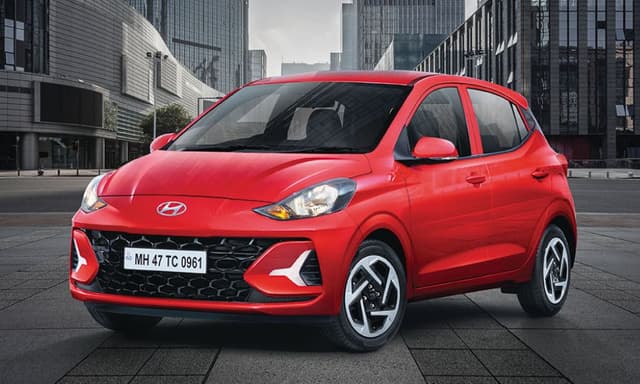Analysis: Can Vehicle Recalls Adversely Affect Brand Image?

Highlights
- Ola Electric announces suspension 'upgrade'
- Maruti Suzuki has announced several vehicle recalls
- OEMs wary of announcing voluntary recalls
On March 14, 2023, one of India’s leading electric two-wheeler manufacturers, Ola Electric, issued a statement putting the spotlight back on an issue with its S1 Pro electric scooter. The contentious subject is the Ola S1 Pro’s front suspension (or incidents of reported failure) which has been the topic of much discussion on social media. The issue, many Ola Electric customers allege, is the failure of the Ola S1 Pro’s front suspension, at times even breaking into two, which, they say, could be a serious safety hazard.
Also Read: Ola S1 Electric Scooter Recalled To ‘Upgrade’ Front Suspension

The issue is ostensibly with the Ola S1 Pro's front suspension. The company has announced that owners can now have an option to upgrade to a new front fork, free of cost.
Ola Electric has not used the term “recall” nor accepted that there is an issue with the front suspension in its latest statement. The carefully worded official statement says that the company is giving owners of the Ola S1 Pro electric scooter the option to upgrade to a new front fork, free of cost. The company has said that it is “giving an option to our customers to upgrade to the new front fork,” adding that “this upgrade will be free of cost and the appointment window will open starting March 22.”
undefinedImportant update about your Ola S1! pic.twitter.com/ca0jmw1BsA
— Ola Electric (@OlaElectric) March 14, 2023
But this isn’t the first time Ola Electric has had to “fix” or “upgrade” issues with its electric scooter. Last year, in April 2022, Ola Electric issued a recall for as many as 1,441 units of the Ola S1 Pro electric scooter, saying that the company wanted to run “pre-emptive diagnostics and health check-ups.” That recall was for a batch of Ola Electric’s scooters, including one that caught fire in Pune in March 2022.
Also Read: Ola Electric Plans $920 Million India Investment In Electric Cars, Batteries
On the face of it, it looks like Ola Electric is trying to rectify a part which could be potentially defective. And this is reason enough to issue a voluntary recall. After all, most voluntary recalls are to replace parts which could be “potentially defective or could lead to a safety hazard”. Otherwise, why offer an optional upgrade to thousands of customers. It could be argued that Ola Electric is offering a free replacement and as the company CEO claims, even though the part is safe, the upgrade offer has been “widely appreciated” by Ola customers.
undefinedMint with a hole! Cheap sensationalism and opportunism at its best.
— Bhavish Aggarwal (@bhash) March 16, 2023
We’ve addressed this head on. Even though the part is safe, and most images in your article are accidents, we’ve taken care of our whole community and offered a free replacement which has been widely appreciated… https://t.co/9HA7YJIVMs
Building reliability and consumer trust
Accepting a defect, however minor, or even a major one, is a clear-cut sign of a brand’s commitment towards its product, and responsibility towards customers. Ignoring to address an issue with an openness and reluctance to accept a defect or error in manufacturing is something which is perceived as a double-edged sword. While some brands try to manage what is seen as a crisis with PR management, others have been pro-active in addressing these, with a clear message to customers, that the brand is pro-active in accepting defects and errors, and the well-being of customers is paramount.
Also Read: 'Responsible Companies Need To Accept Vehicle Recalls'

Hero Electric MD Naveen Munjal says it's the responsibility of every manufacturer to amend mistakes in manufacturing, and in a lot of cases, these defects, or errors are supply chain issues.
“Sometimes a particular part may not be the right one, there could be some issue. But companies have to own up to their mistakes, or it may not be a mistake, it may be an error, or a supply chain issue, whatever be the case. In a lot of cases, it is a supply chain issue. As responsible companies, it is our responsibility to offer the right product to the customers, to the sector, to the industry. And if it’s not the right product, it’s our responsibility to amend the mistakes,” says Naveen Munjal, Managing Director of Hero Electric, one of India’s largest electric two-wheeler manufacturers.
Also Read: Ola Electric Recalls 1,441 S1 Pro Electric Scooters
“In the Indian context, over the short term, there could be a lot of chatter around voluntary recalls, but in the long term, it can turn out to be positive is what I feel. Customers expect defect-free vehicles and not having to run from pillar to post to get the same defects rectified. The process of voluntary recalls requires a lot more communication between the OEM and customers to dispel the negativity around a once in a blue moon recall,” says automotive sector analyst Sridhar V, Grant Thornton Bharat LLP.

In January 2023, recalled over 17,000 vehicles, including its flagship SUV, the Grand Vitara over defective airbag controllers.
Voluntary Recalls In India
In India, the Society of Indian Automobile Manufacturers (SIAM) issued a Code of Voluntary Recall in 2012, and since then more than 37 lakh passenger vehicles and over 13 lakh two-wheelers have been recalled in India. In 2022, more than 2.78 lakh were recalled in India, comprising seven manufacturer (five carmakers and a couple of two-wheeler manufacturers).
undefined.@Maruti_Corp has issued a recall for over 9000 vehicles in India, including the newly launched Grand Vitara. Details here.https://t.co/DRAZe1x1ps
— carandbike (@carandbike) December 6, 2022
Also Read: Maruti Suzuki Recalls 11,177 Units Of Grand Vitara
India’s largest passenger carmaker Maruti Suzuki has issued several recalls in the recent past. In January 2023, the company recalled over 17,000 vehicles due to defective airbag controllers, and with as many as six models affected. According to Maruti Suzuki, it was suspected “that there is a possible defect in the affected part, which in a rare case might result in non-deployment of airbags and seat belt pre-tensioners in the event of a vehicle crash.”
Also Read: Honda Motorcycle India Recalls Africa Twin, Fireblade & Gold Wing

Issuing a recall of 11,177 units of the Maruti Suzuki Grand Vitara has helped Maruti increase consumer trust.
Later the same month, Maruti Suzuki announced another recall, of more than 11,000 units of its flagship SUV, the Grand Vitara. The reason for the recall was due to a possible defect in the rear seat belt mounting brackets. Skoda India recalled nearly 77,000 units last year, to inspect and replace the front airbag. But the biggest recall in 2022 was by Suzuki Motorcycle India, for over 1.6 lakh units of the Burgman Street 125 scooter due to “inadequate number of drain holes in the rear fender.”
Also Read: Maruti Suzuki Recalls 17,362 Vehicles Over Airbag Defect
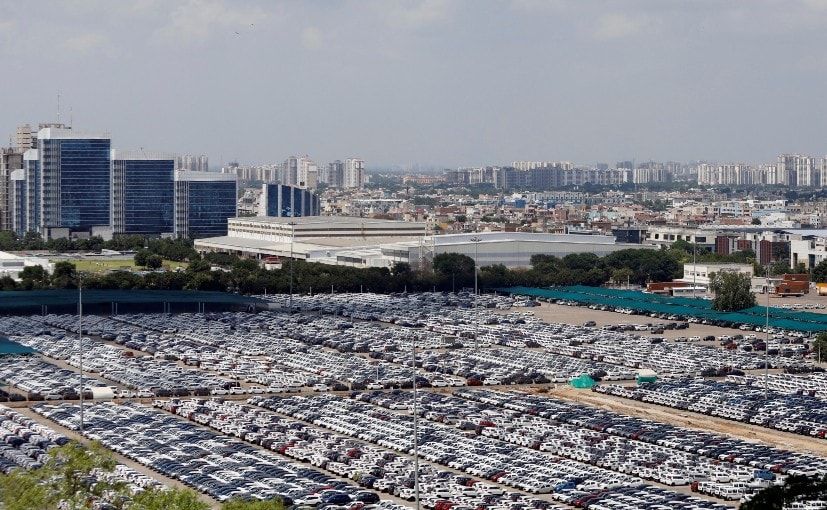
India is the third largest passenger car market in the world, and the leading two-wheeler market.
Mature Markets & Responsible Brands
The increasing number of voluntary recalls by auto-makers, analysts say, is an indication of a maturing market. And even though in the short term, there could be buzz around recalls which could be seen as having a negative effect on the brand, in the long term, the process of issuing pro-active and voluntary recalls could work out in favour of brands.
“In the case of a voluntary vehicle recall, brand value could be saved from any significant erosion or enhanced since it is initiated by the OEM with an intention to rectify defects, which it believes could be turning out to be a safety/ quality issue later on. Mandatory vehicle recalls, on the other hand, could affect a brand since it is happening after a regulator’s intervention or a policy on the back of a serious public impacting issue with the vehicles sold,” said Sridhar V of Grant Thornton Bharat LLP.

Hero Electric Managing Director Naveen Munjal says owing responsibility for defects and addressing them by companies, will make customers being to look at brands in a more positive light.
“Right now, there’s a negative image around recalls, but I feel it will get rectified. Also, some companies try to hide things, and not try to address these. The minute that begins to change, and companies begin to address these, and become more responsible, even consumers and customers will begin to look at it (recalls) in a more positive light,” said Munjal.

The Ola S1 Pro has sold over 1.3 lakh units in the current financial year so far, and is set to become the market leader in the electric two-wheeler segment.
Responsibility Helps Brand Equity
The old adage that “honesty is the best policy” seem to be a case of easier said than done, particularly when it comes to automotive manufacturing. Even as the Indian automobile market achieves new highs in volumes and sales, brands need to keep in mind that the customer is also evolving and much more aware. This is even more applicable for a company like Ola Electric which is planning an EV blitzkrieg, not just in the two-wheeler segment, but also electric cars and battery technology.
Accepting defects, however minor they may be, and adopting a policy of honesty and openness around it, can only help develop trust and reliability amongst customers. In a maturing market like India, the customer is becoming increasingly aware, and being pro-active in keeping the customer’s interest in mind will only help manufacturers develop solid brand equity in the long run, something which cannot be built overnight.
Last Updated on March 17, 2023





